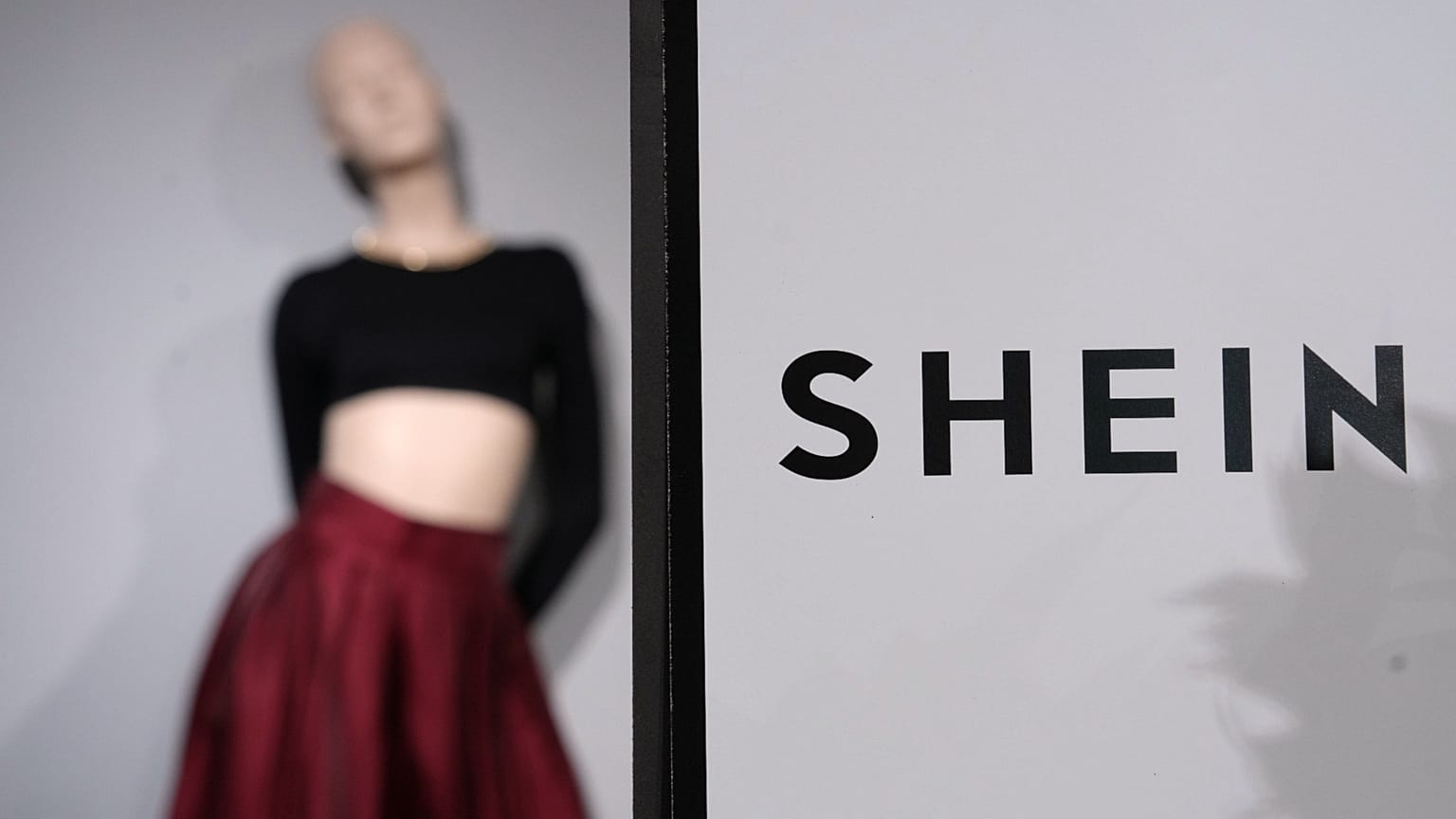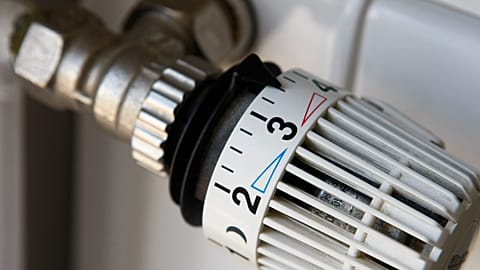The French parliament will debate a €2 fast-fashion import tax this week that will enter into force next year, as similar EU levy faces possible delays until 2028. The parliament could impose an additional €5 environmental levy on budget retailers down the line.
The French parliament will be debating a €2 levy on low-value fashion imports this week, aiming to jump-start a similar measure that will only come into force EU-wide in 2028.
The move is an attempt to target Chinese budget e-commerce retailers like Shein and Temu, who have swamped the bloc with super cheap products that undercut local production, while also causing concerns about waste production due to their questionable durability and short life cycles.
The European Commission estimated that a torrent of deliveries, most of them from China, entered the bloc in 2024.
"Around 4.6 billion low-value consignments, ie goods with a value not exceeding €150, entered the EU market equalling to 12 million parcels per day ... raising numerous concerns," the Commission report stated.
The EU executive has also said these products undercut European production standards, often contain counterfeit goods and have a "negative environmental and climate footprint".
The French parliament is considering going one step further, adding an additional €5 environmental footprint levy, which could rise to €10 per package by 2030.
The initial French €2 levy could face its first vote next Monday.
Below €150, customs duties are generally not charged for goods imported into the EU but VAT still applies.
The French government forecasts that the levy on small parcels could raise €500 million by the end of next year.
The law instituting the €2 levy has passed the initial Senate vote, and is now facing final parliamentary approval.
In a speech on 29 April before the rollout of the bill, French Budget Minister Amélie de Montchalin insisted that this proposal is "in anticipation of the reform of the (EU) Customs Union in 2028".
It would "advocate for the rapid introduction of an administrative fee mechanism on every small package entering Europe," de Montchalin explained at the time.
"This is not a tax on consumers. It is a way to make those who currently benefit from a system without assuming their responsibilities pay their fair share," she concluded.


















